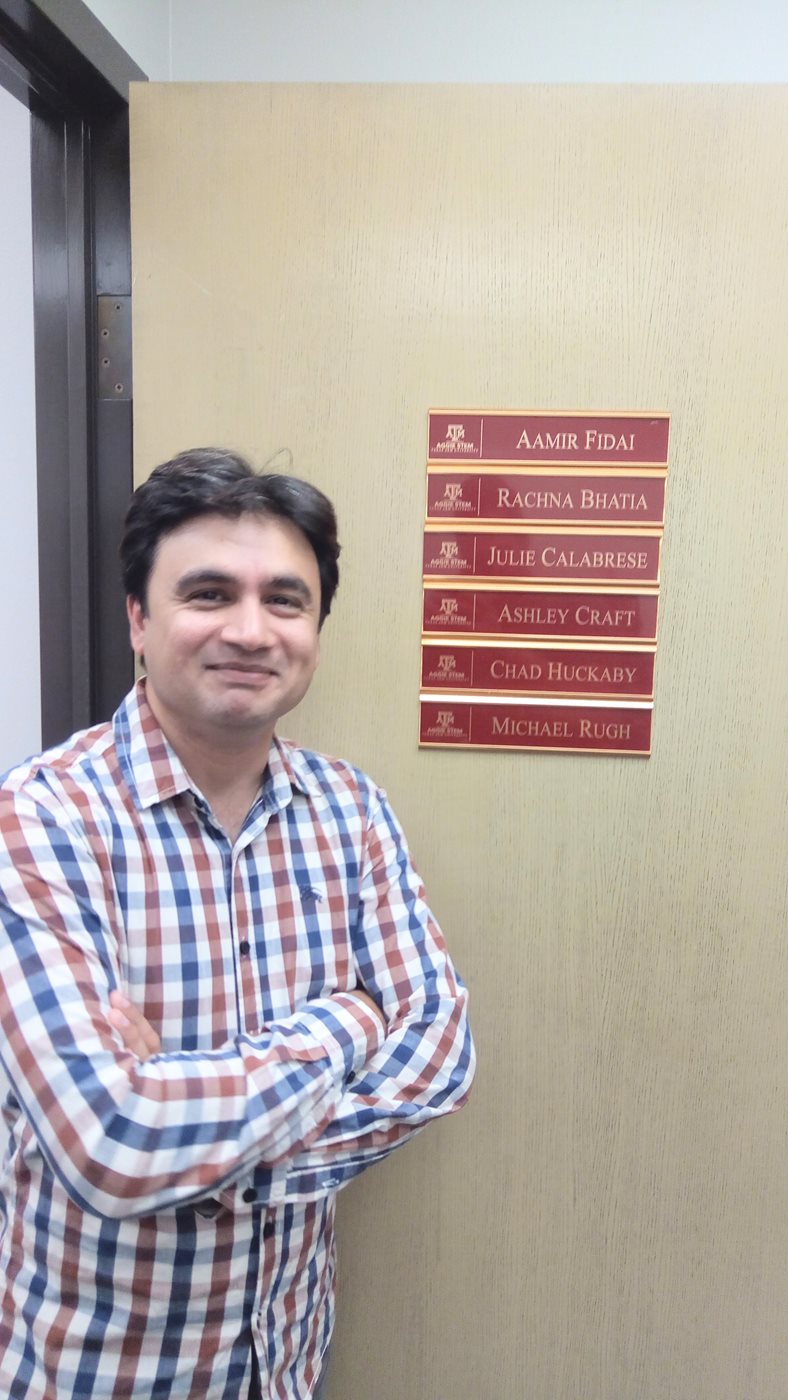July 2018

One solution is to not share the news with friends and family. After all, are they really going to understand what getting published really means. Let’s say that you could explain to them the year-long process that began with the inception of the idea and the formation of the research proposal and that culminated in the writing and (many) re-writings of the paper and its submission, how would you explain to them the topic and the reason for all the hard work.
But, not sharing this huge news with those you are close to you (and maybe those who are not so close and you just want to brag) is not really an option. So, you share, but with class and discretely and definitely not on Facebook. You share using a phone call or a text message or WhatsApp if you happen to be from the eastern hemisphere. Obviously, you will be asked a lot of questions about your accomplishment and you answer as diligently and respectfully as possible. And then, someone will ask you that dreaded question. “Why are you doing a Ph.D.?” And that question may be followed by another brutal question. “Didn’t you have a great paying teaching job, and what happened to your big house and that BMW, do you still have them?” Take a deep breath, you are about to have some flashbacks of the wonderful carefree life that you left behind.
There is another solution though. As you get questioned about why you left a comfortable life to pursue a Ph.D. or why exactly are you researching “Captive exotic fowl assessment and management” (which by the way is an authentic title of a study conducted by Travis Williams at CEFAM) while you share the news of your successes and accomplishments as you get your Ph.D. tell them you are doing this in a quest for immortality. And if they ask for more explanation, tell them what Rene Descartes told us in Principles of Philosophy in 1644, “Cogito Ergo Sum - I think therefore I am”. At this point your loved one is going to either regret asking you the question, remember that they had something else to do, or both. The conversation will be over and you can go about doing some more thinking and writing.
But what about the quest for immortality? Is that really what getting a Ph.D. is about. I truly believe it is one reason if not the only one. Getting a Ph.D. allows one to immerse themselves in thinking which is not possible in any other situation. So, here is my logic: I think therefore I am implies that if I do not think then I must not be. Conversely, if “I am not” then I must not be able to think. So being a mortal is connected to being able to think. But what if you could think without being alive, now that is interesting. I believe that putting your thinking to writing and getting it published during the course of a Ph.D. is one of the ways you could allow your thinking to live beyond yourself. Case in point, Descartes himself, the mere fact that I quoted him keeps him alive and makes him sort of immortal. Hence,I wrote, you read, you quote and remember me, therefore I continue to be, so I must be immortal.I don’t know about you, but the logic works for me.
---
Aamir Fidai
Aamir is a Ph.D. student in the College of Education and Human Development